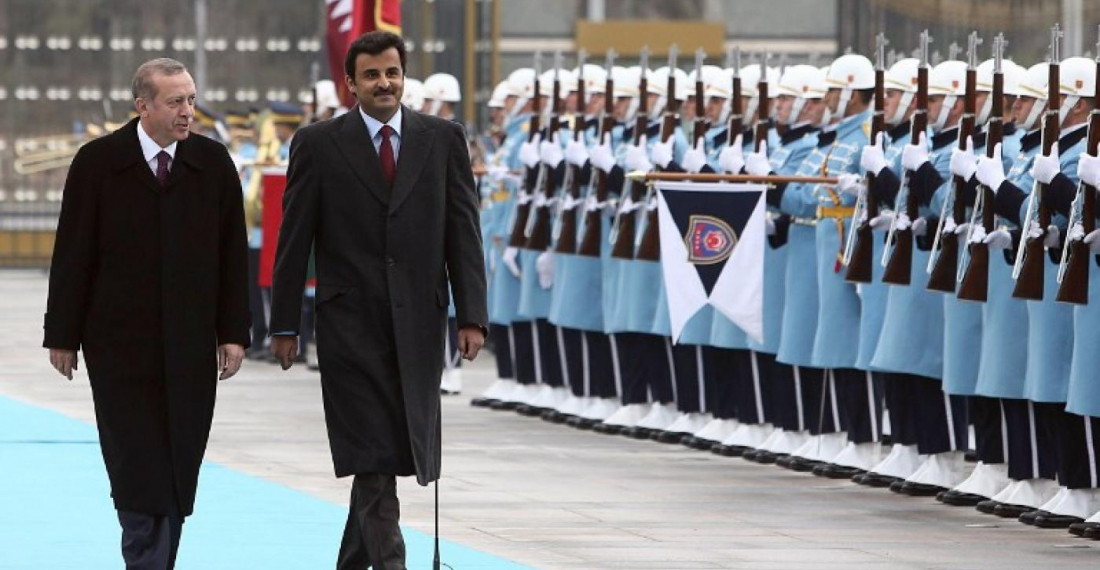"Qatar and Turkey are strategic allies cooperating on many issues at bilateral, regional and international levels".
This was stated by the Turkish Ambassador to Doha, Mustafa Goksu, who was speaking to journalists ahead of a meeting of the Qatar-Turkey Supreme Strategic Committee which will be held in Turkey on Thursday (26 November). The envoy said that a number of new agreements between the two countries will be signed during the meeting. The new agreements cover a range of fields such as economy, culture, trade, education, Islamic and family affairs, and water management.
This will be the sixth meeting of the Council. Five others were held since 2015 alternating between the two countries (the first was held in Doha in 2015, the second in Trabzon, Turkey in 2016, the third in Doha in 2017, the fourth in Istanbul in 2018 and the fifth in Doha in 2019).
On the ongoing Gulf crisis, the Ambassador said that “Upon the outbreak of the crisis, Turkey stood by Qatar and supported the Qatari brothers through the provision of food and resources, such as fruits, vegetables and dairy products via cargo planes. We hope that this crisis of 3 years will be resolved as soon as possible.” He noted that Qatar and Turkey are strategic allies cooperating on many issues at bilateral, regional and international levels. The Ambassador said that the trade volume between the two countries recorded a growth of about six percent in 2019, reaching approximately $1.6bn.
“Qatari companies are among the largest investors in the field of construction in Turkish markets. “In return, Turkish companies obtained contracts worth $1.5bn in 2019 to implement projects in the State of Qatar. In the tourism sector, the number of Qatari visitors to Turkey reached about 30,000 Qataris in 2014, and figures grew to about 110,000 Qatari visitors in 2019, reflecting a growth of about 450 percent.”
“Turkey is a safe haven for Qatari investments. Over 170 Qatari companies operate in Turkey and the volume of Qatari investment in Turkey has reached to $22bn.”
He added that Qatari investment did not focus on one sector (in Turkey) but focused on all sectors, like commerce, tourism, agriculture, energy, defense industries, real estate or banking.
The Turkish Ambassador stated that there are great opportunities for Turkish investors in Qatar, as Doha in recent years has done an excellent job at encouraging foreign investment, and has introduced many reforms to attract foreign investment.
Regarding Qatar’s preparations for hosting FIFA World Cup Qatar 2022, he said, “Despite the slowdown in global economic and commercial activities due to COVID-19 epidemic, Qatar’s preparation for the 2022 World Cup did not stop, thanks to the good management of the Qatari authorities and the determination of our Qatari brothers.”
A preparatory ministerial meeting for the sixth session of the Qatar-Turkey Supreme Strategic Committee was held in Antalya earlier this month between the foreign ministers of the two countries, Sheikh Mohammed bin Abdulrahman Al-Thani and Mevlut Cavusoglu.






